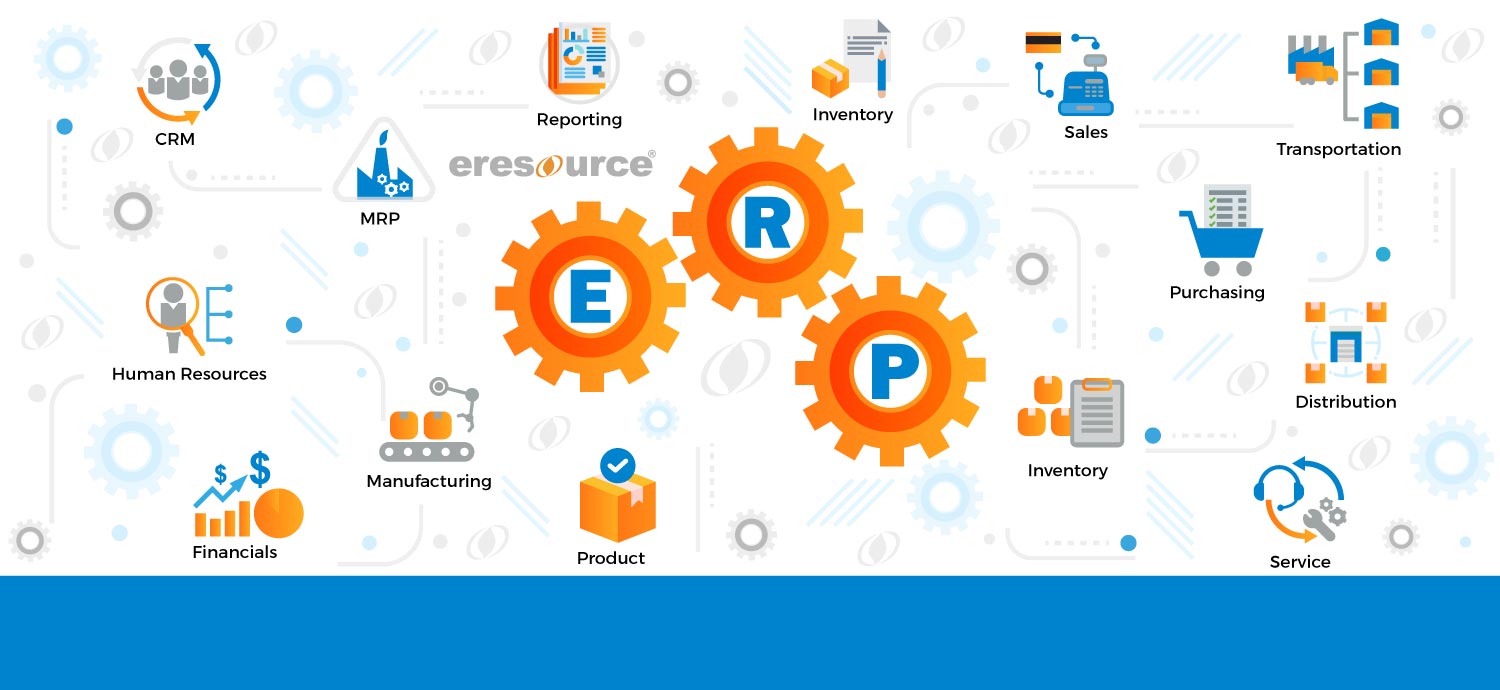When it comes to Enterprise Resource Planning (ERP) solutions for the solar industry, there are several options available that can help streamline and optimize business processes specific to this sector.
Here are a few key features and considerations to keep in mind when selecting an ERP for solar industry:
eresource nfra – Best Solar ERP Software
Project Management: Solar projects often involve complex planning, scheduling, and resource allocation. An ERP system should provide project management capabilities to track and manage tasks, timelines, budgets, and resources.
Sales and CRM: Solar companies need effective sales and customer relationship management (CRM) tools to manage leads, opportunities, and customer interactions. Search for an ERP system that combines CRM features to make sales processes smoother and enhance customer happiness.
Supply Chain Management: Effective supply chain management is vital in the solar industry to handle buying, inventory, and transportation. An ERP system should have tools to monitor and control the entire supply chain, from acquiring raw materials to delivering finished products.
Also Read – How does cloud based ERP software help the construction industry?
Financial Management: Solar companies need robust financial management tools to handle accounting, budgeting, invoicing, and financial reporting. An ERP should provide comprehensive financial modules tailored to the needs of the solar industry.
Compliance and Regulatory Support: The solar industry must follow different rules and regulations, including permits, licenses, and environmental guidelines. An ERP should assist in ensuring compliance and provide features to streamline reporting and documentation.
Asset Management: Solar projects involve the management of assets like solar panels, inverters, and other equipment. An ERP should have asset management capabilities to track, maintain, and optimize the performance of these assets.
Integration Capabilities: Consider an ERP system that offers integration with other key software solutions used in the solar industry, such as solar design and simulation tools, energy monitoring systems, and remote monitoring platforms.
Also Read – Features and benefits of ERP systems in the food industry
Analytics and Reporting: Search for an ERP that offers robust analytics and reporting features. It should enable you to generate actionable insights from your data, monitor project performance, and make data-driven decisions.
Scalability: Choose an ERP solution that can scale as your business grows. It should accommodate additional projects, users, and locations without significant disruptions or the need for a major system overhaul.
Mobile Access: Given the mobile nature of many solar industry activities, having a mobile-friendly ERP or companion app can be beneficial. It enables employees to access and update information while on the move, which enhances productivity and collaboration.
When considering an Solar ERP Software, it’s essential to evaluate multiple vendors, assess their industry-specific functionalities, and consider their track record and customer reviews. Customization options may also be necessary to align the ERP system with your specific business requirements.
Also Read – Choose the best ERP software for the electronics manufacturing industry
Categories
Register for Free Demo!
Recent Post
-

eresource ERP 360 - an
11th Apr 2019 -

A competitive ERP system for
17th Apr 2019 -

Auto components manufacturing industry has
17th Apr 2019 -

Make the best use of
17th Apr 2019






